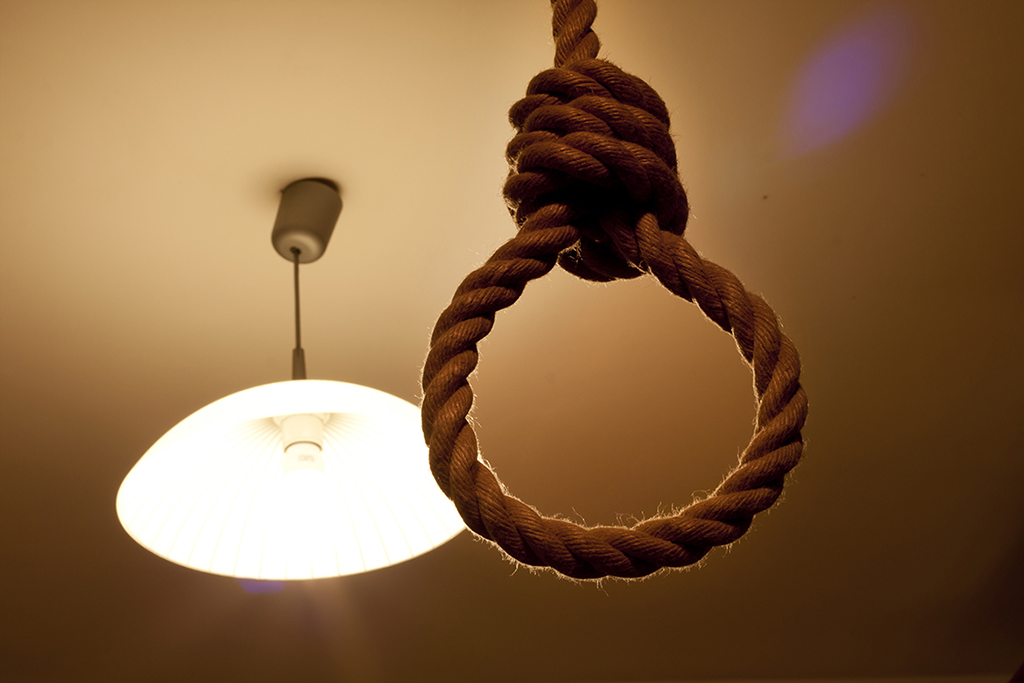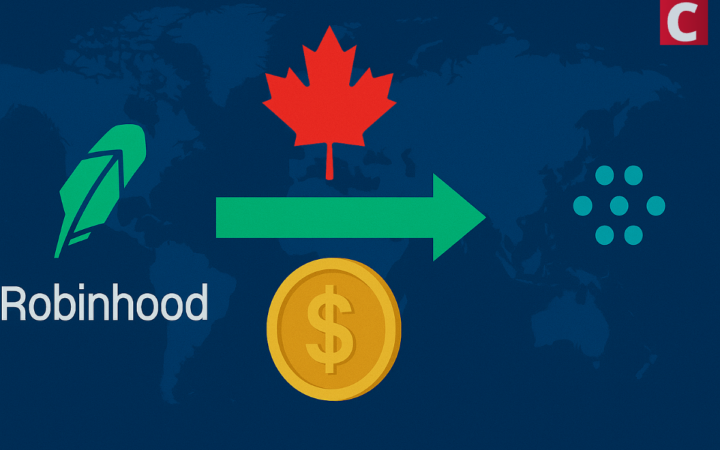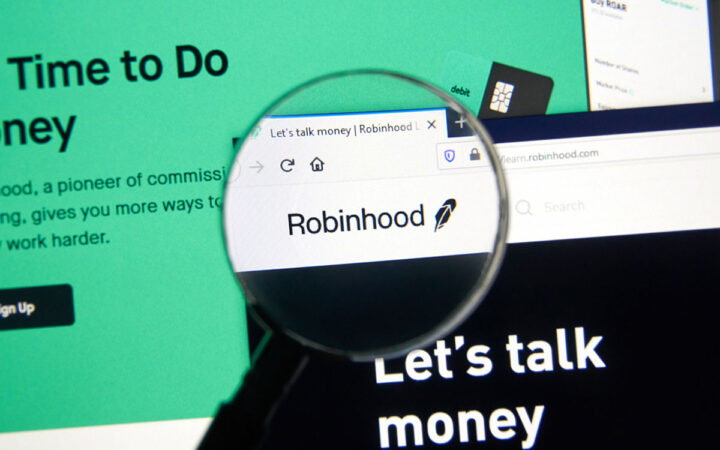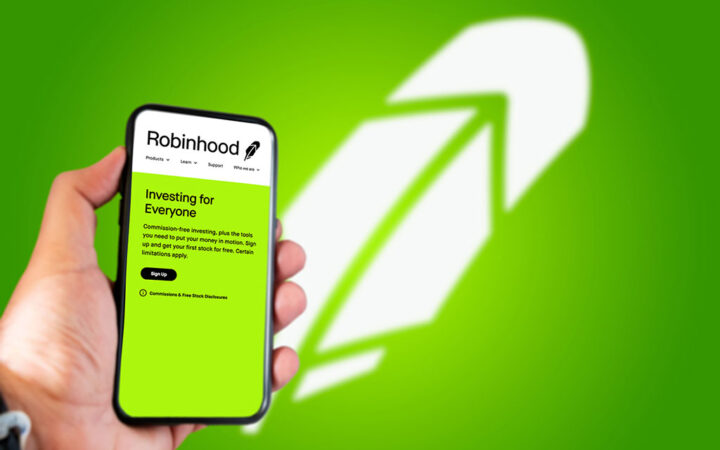
Christopher Haruna Hamman is a Freelance content developer, Crypto-Enthusiast and tech-savvy individual. He is also a Superstar Content Developer, Strategy Demigod, and Standup Guy.
A young trader Alex Kearns commits suicide over a supposed $730,165 debt in his Robinhood trading account. FINRA wants Robinhood to approve each client who is going to trade options.

A young trader has committed suicide based on losses he thought he had made on Robinhood. These supposed losses were up to $730,165. Alex Kearns, the young trader left a note for his father Daniel Kearns on his laptop at their Naperville Illinois home.
As Daniel Kearns opened up Alex’s laptop, a four-paragraph letter showed up on the screen. It started with these words: ” If you’re reading this, then I am dead”. Alex had checked his Robinhood trading account. He thought that he had $730,165 as a cash balance in the red. Relatives believe that Alex may have misinterpreted the account details. Bill Brewster who is an analyst at Sullimar Capital and a cousin by marriage to the Kearns told sources:
“He thought he was exposed, he thought that ending his life would protect his family from the exposure. He got on his bike and never came home”.
Alex Kearns was a sophomore at the University of Nebraska at Lincoln. The Plainfield, Illinois Fire Department discovered his body on Friday.
Robinhood as a Fee-free trading App has gained the attention of many first-time investors. The App is extremely popular among young people. So much so that its numbers grew from 1 million users in 2016 to around 10 million to date. This, of course, has led to the App having a massive following on social media.
The massive losses vs. the gains are also an issue. Many first-time investors don’t have the appetite for the risks that trading financial instruments pose. Suicide as an event has many factors that could lead a person to entertain the thought. The tipping point for Alex was the losses he thought he had incurred. Bill Brewster tweeted about the event.
This is still really raw and I have more questions than answers. But, it’s very important and intersects with what I speak about here. Hopefully my family’s tragedy can help another family avoid tragedy.
— Bill Brewster (@BillBrewsterTBB) June 13, 2020
Alex had said that Robinhood had allowed him to take on too much risk. He alluded to the fact that the trades he had made should have been “canceled out”. He then admitted that he had “no clue” what he was doing. In the note, Alex said:
“How was a 20-year-old with no income able to get assigned almost a million dollars worth of leverage? There was no intention to be assigned this much and take this much risk, and I only thought that I was risking the money that I actually owed.”
Robinhood told CNBC that “they are deeply saddened to hear this terrible news and we reached out to share our condolences with the family”. They also affirmed that Alex held an account with the trading firm. The firm noted that it was taking a look at the options services “to determine if any changes may be appropriate,” a Spokesperson for Robinhood affirmed.
Robinhood is required by the Financial Industry Regulatory Authority (FINRA). FINRA insists on Robinhood approving each client that wants to trade options. Now, in contrast, the company usually does this through surveys and questionnaires.
Brewster believes that Alex misunderstood his account statement. His screenshot shows the account state. Negative buying power and negative cash are different from normal debt. The amount reflected probably had an unsettled cross-trade. Such trades get settled the next day. Robinhood notifies traders of this both within the app and by e-mail. Brewster is concerned about the lax attitude by the start-up and underlined:
“I’d like them to fix the way that they’re showing exposure — I want them to act like a financial platform should act. When you’re dealing with retail money and actively soliciting traders under 30 years old to have errors like this is inexcusable and at the minimum negligence”.
Whatever the situation is, suicide is never the answer. Rest in peace Alex.
Disclaimer: Coinspeaker is committed to providing unbiased and transparent reporting. This article aims to deliver accurate and timely information but should not be taken as financial or investment advice. Since market conditions can change rapidly, we encourage you to verify information on your own and consult with a professional before making any decisions based on this content.

Christopher Haruna Hamman is a Freelance content developer, Crypto-Enthusiast and tech-savvy individual. He is also a Superstar Content Developer, Strategy Demigod, and Standup Guy.




